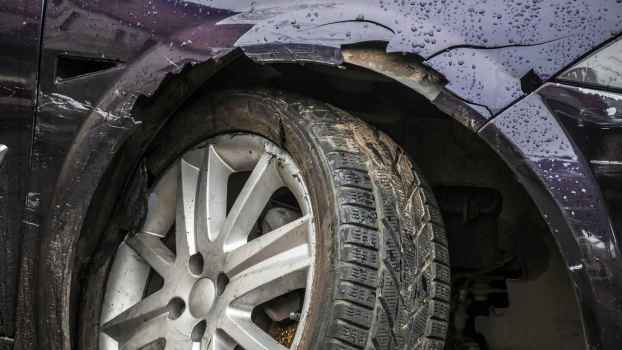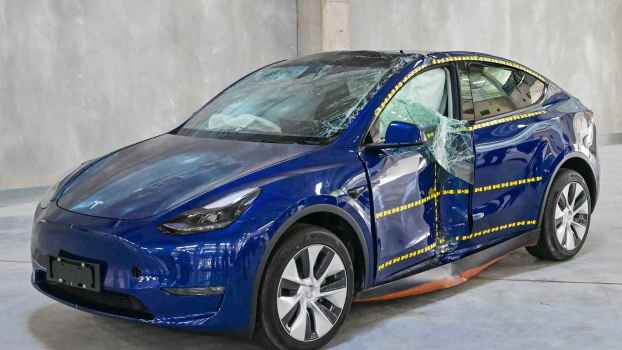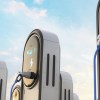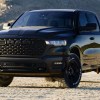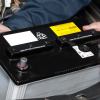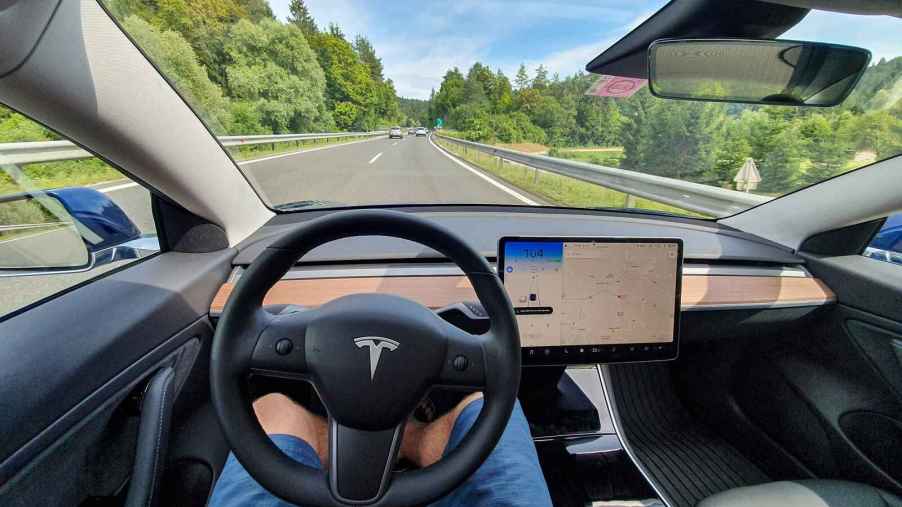
66% of U.S. Drivers Are Afraid of Self-Driving Cars in 2024 – and for Good Reason
AAA recently surveyed over 1,000 U.S. drivers on their confidence in autonomous vehicle technology. The results didn’t surprise them. 25% of the country feels unsure about self-driving cars, while more than half are flat-out afraid of them.
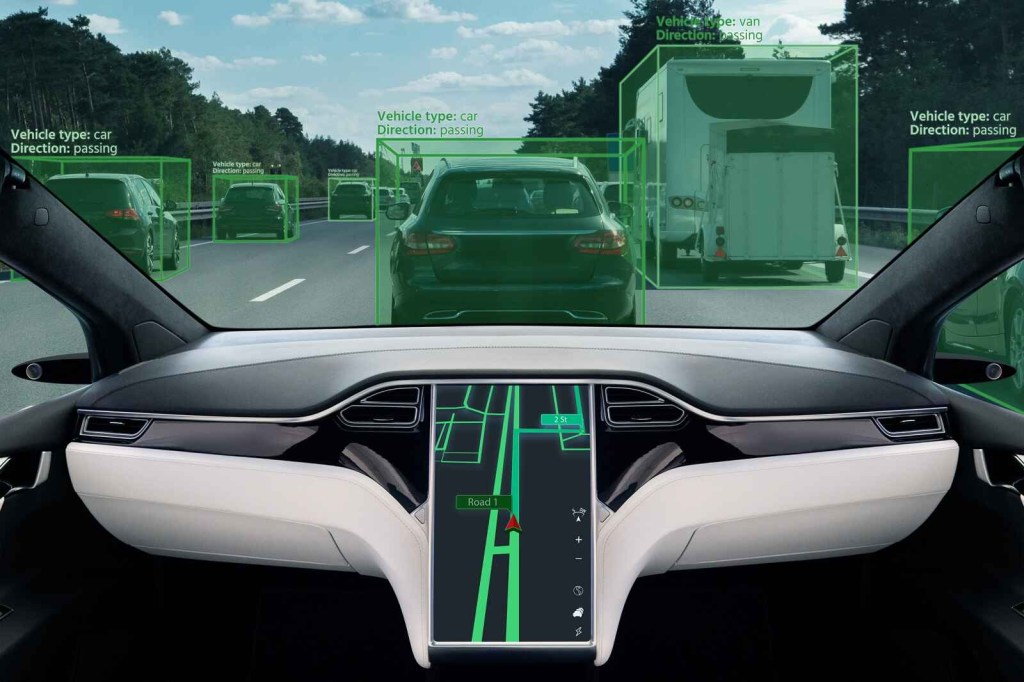
The AAA Newsroom just released the survey results, which took place in January. Despite their fears, the respondents expressed a desire for more advanced safety technology that included autonomous features. It seems the issue is trust in “self-driving” cars – which Greg Brannon, the director of automotive engineering research for AAA, isn’t surprised to hear.
“There has been an increase in consumer fear over the past few years,” Bannon stated in the AAA press release. “Given the numerous and well–publicized incidents involving current vehicle technologies – it’s not surprising that people are apprehensive about their safety.”
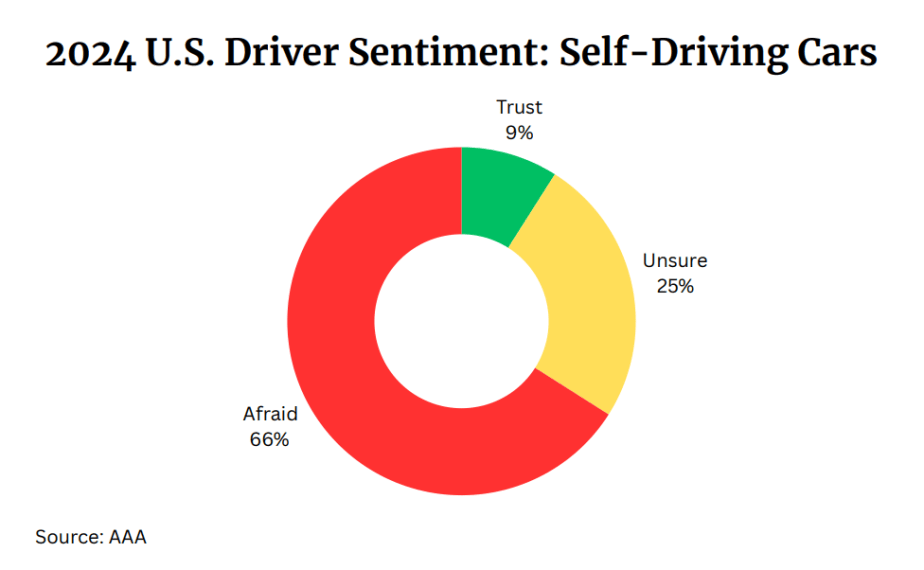
Videos of out-of-control Teslas or cars with safety features not kicking in when they should are easy to find these days. This sentiment, plus the expense of new cars, is widening the gap between developing tech and what actually makes it into U.S. driver households.
AAA recommends that automakers push ahead in advancing safety tech that includes automated features, like emergency brake assist. However, it emphasizes that reliable performance is key to reputation.
AAA test results agree with survey sentiments on self-driving cars
Recent research by AAA found fairly poor performance when testing Reverse Automatic Emergency Braking (AEB) systems. The test car equipped with Reverse AEB was driven backward, and a second vehicle entered the path. Only 1 in 40 trials resulted in the Reverse AEB system preventing a collision – a measly 2% effective rate.
When there was a stationary child target behind the test car, the Reverse AEB system engaged 50% of the time.
The majority of respondents felt that AEB systems actively and automatically prevent front or rear-facing collisions if a vehicle or pedestrian enters the car’s path.
AAA recommended initiatives to help drivers understand how effective these systems are now and emphasized consumer education to avoid the public thinking these systems do more than they actually will.
According to the survey, 40% of U.S. drivers aren’t sure or believe they can buy a fully self-driving car. The question included the phrase “drive while you sleep.” At this time, there isn’t a single vehicle on the market that is fully autonomous.
Some OEMs tout automatic driving assist or safety features by name as part of lineup marketing without ensuring owners understand how “autonomous” these technologies really are.
